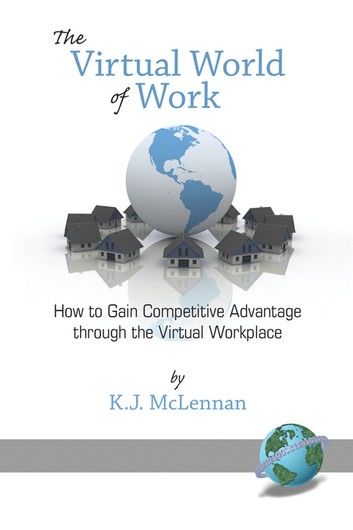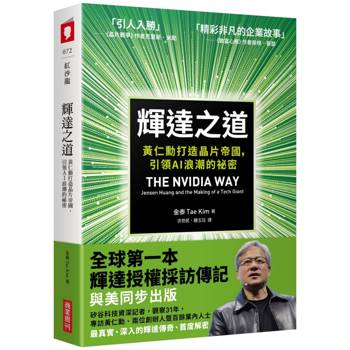| FindBook |
|
有 1 項符合
K. J. McLennan的圖書 |
 |
$ 1840 電子書 | The Virtual World of Work
作者:K. J. McLennan 出版社:Information Age Publishing 出版日期:2008-01-01 語言:英文  看圖書介紹 看圖書介紹
|
|
|
圖書介紹 - 資料來源:樂天KOBO 評分:
圖書名稱:The Virtual World of Work
The purpose of this book project is to analyze why the workplace is changing so rapidly, identify the enabling factors and understand what we can do to best prepare for the future. The analysis led to four significant factors which are all fundamental to the formation of the future world of work. They are the incredible enabling technologies, changing attitudes, workforce demographics and globalization. The rapid and irreversible coalescing of these factors is creating what is referred to in the book as, "The Virtual World of Work or VWOW." The book covers the changing workplace from the 1960s through to the present, and then looks to see what is emerging next and provides predictions for the future workplace. To assist the readers in tracking their progress, the book provides a segmentation of this time frame into four distinct stages. Each stage is identified by the capabilities specific to the majority of the worker force in each stage. As the work force transitions from one stage to the next, the accumulated enhancements or changes to who, how, where and when tasks are completed is explored. The book project introduces some original thinking and combines this with the knowledge and expertise from the leaders in this new field. The book is organized around five basic questions concerning the virtual world of work. The questions are: ² What is the Virtual World of Work? ² What Factors have Enabled the Virtual World of Work? ² Will the Virtual World of Work Continue? ² How will the Virtual World Work? ² How to Architect the Virtual World of Work? The book covers why the change is happening and how we can better plan for the future virtual world of work. Over 25 million workers in the U.S. work from home at least a few days per month. More and more workers are joining these virtual workers daily and the amount of time worked out of the traditional office is growing even more rapidly. There are literally millions of people who need the information in this book.
|











